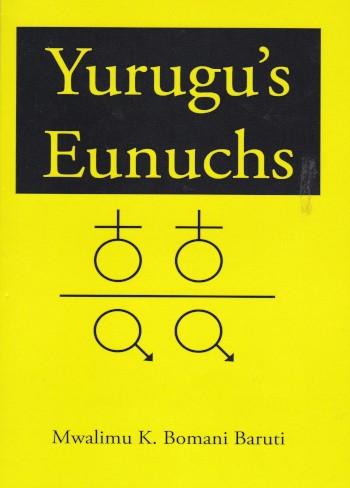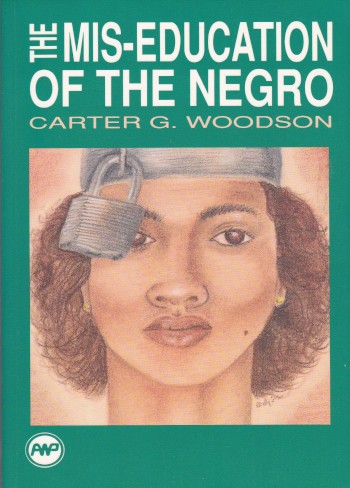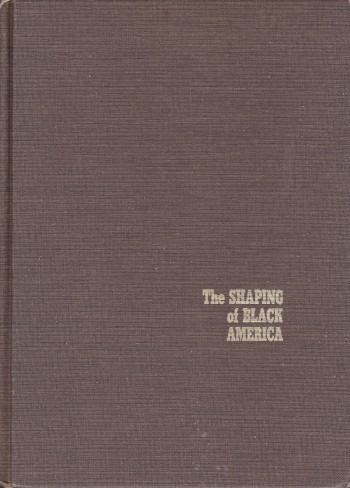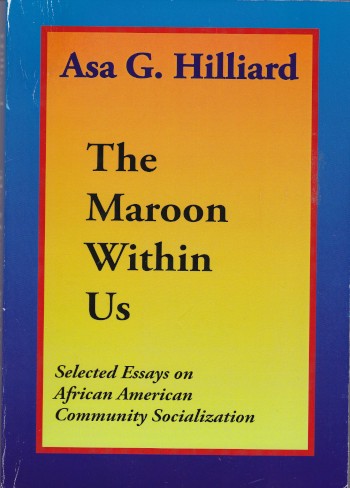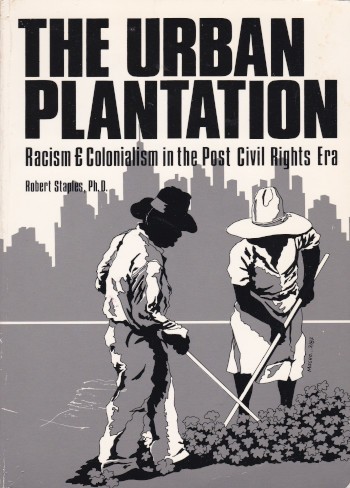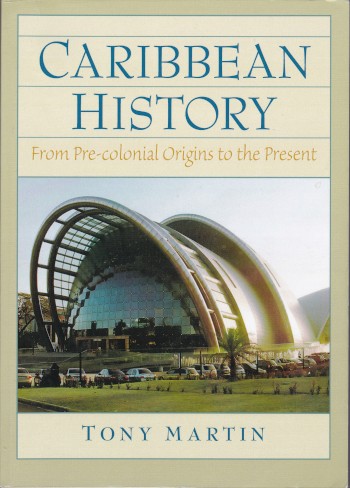
In Caribbean History: From Pre-colonial Origins to the Present, Dr. Tony Martin has attempted to overhaul, as it were, the approach to a survey of Caribbean history. Dr. Martin reframes the way in which some of the subject is viewed and presented. He manages the delicate balancing act of a readable undergraduate narrative which nevertheless avoids the temptation of degenerating into a series of bland sound bites, some accurate, some not. Dr. Martin presents a greater depth of information than is often the case in surveys. There is a modest sprinkling of new information here that has not appeared elsewhere, whether in monographs or in other surveys. There is also a fair amount of “virtually” new material, that is, material gleaned from a new look at old sources that have been around, sometimes for hundreds of years, but which have not been reexamined in depth for a long time.
Among the many topics covered in this book are, Arawak resistance to the Spanish conquerors; a full airing of the debate over the alleged “Black Legend” whereby Bartolomé de Las Casas accused the early Spaniards of genocide; pre-Columbian voyages to the Americas from Europe, China, North and West Africa; immigration in the 19th and 20th centuries; the 1595 arrival of Trinidad’s first East Indian immigrant; the rapid intellectual advance of the formerly enslaved in the 19th century, despite a concerted effort to frustrate their progress; post-Emancipation uprisings and disturbances such as the Angel Gabriel riots in British Guiana and the Contract Day riots of St. Croix; Caribbean-African interaction in the 19th century; African American-Caribbean interaction up to the early 20th century; the 1912 racial massacre in Cuba; competing Indian and African nationalisms; cultural survivals among the enslaved Africans; entrepreneurship among the enslaved. The vast incidence of rebellions by the enslaved and the Maroon proto-states in places like St. Vincent, Suriname, and Dominica are significantly addressed. The narrative addresses such 2011 topics as the London riots of 2011 (of relevance to Caribbean emigrant communities) and the collapse of the Colonial Life Insurance Company (CLICO), Trinidad and the Caribbean’s mega-conglomerate.



